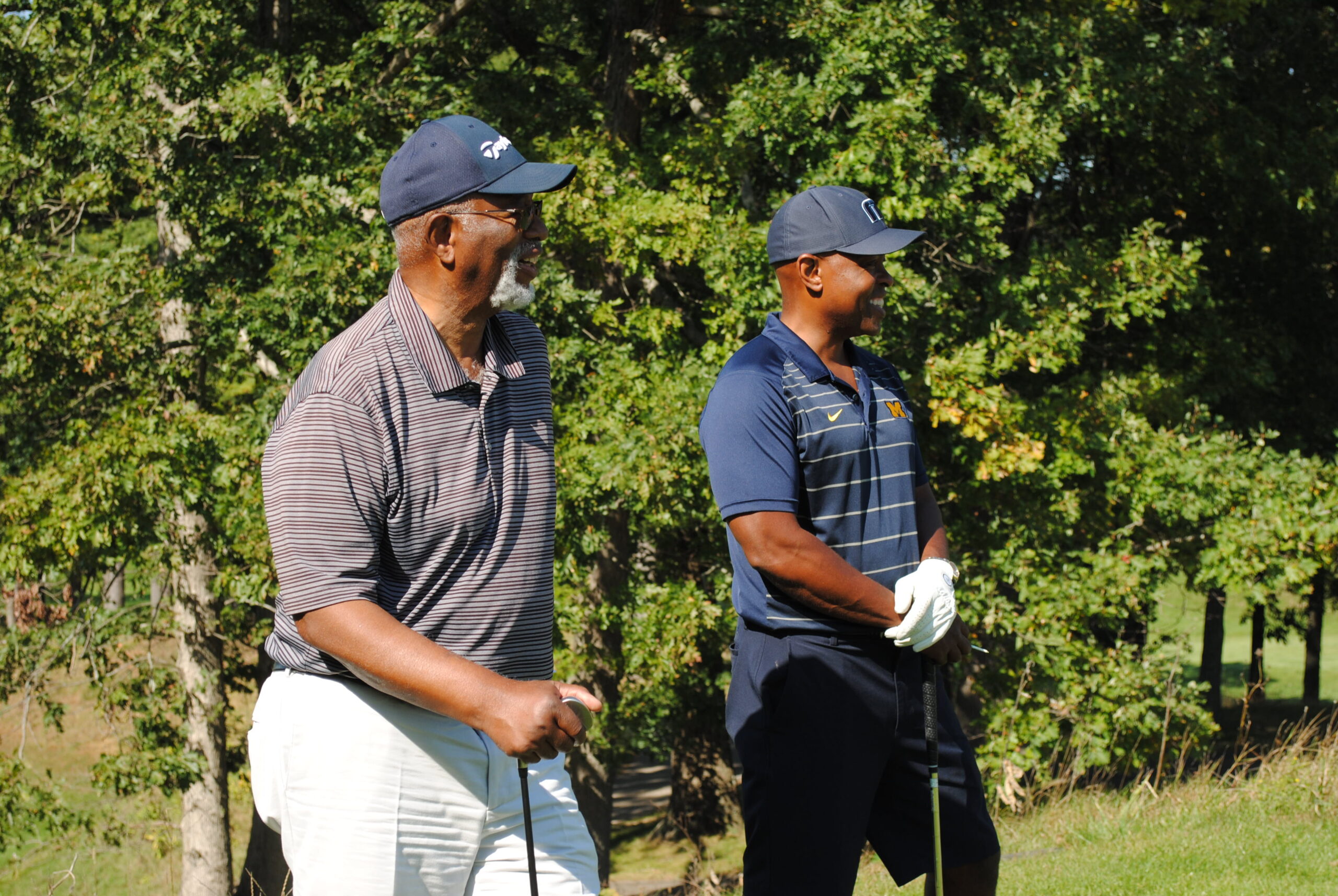



Helping Our Youth Reach Their Full Potential
Our nation’s future depends on the well-being of our youth and their ability to leave school prepared for college or the workplace–ready to make a positive contribution to society. To reach their full potential, they need stable families, supportive mentors, and role models who provide opportunities and experiences for them to grow their academic capacity and the resilience they need to successfully transition to adulthood.
This is especially true for our most vulnerable or “at-risk” youth, who are statistically less likely to be prepared academically and are less likely to achieve desirable outcomes. Youth who master competencies across several domains are more likely to achieve desirable outcomes, including educational and professional success, self-confidence, connections to family and community, and contributions to society. These areas of competency include:
- Cognitive: Knowledge of essential life skills, problem-solving skills, academic adeptness;
- Social: Connections with others perceived good relationships with peers, parents, and older adults;
- Physical: Good health habits, good health risk management skills;
- Emotional: Good mental health, including positive self-regard good coping skills;
- Personal: Sense of personal autonomy and identity, sense of safety, spirituality, planning for future and life events, strong moral character;
- Civic: Commitment to community engagement, volunteering, knowledge of how to interact with government systems, and
- Vocational: Knowledge of essential vocational skills and perception of the future regarding jobs or careers.
At-risk youth typically share specific common characteristics or circumstances that put them in vulnerable positions. Some common factors among at-risk youth include:
- Disadvantaged backgrounds: Many at-risk youth come from low-income families or communities with limited resources and opportunities.
- Academic struggles: They may face educational challenges, such as poor school performance, high dropout rates, or low attendance.
- Behavioral issues: At-risk youth may exhibit disruptive behaviors, engage in delinquency or substance abuse, or have difficulties managing anger or emotions.
- Family instability: They may experience family problems, such as parental neglect, abuse, or substance misuse, which can impact their well-being and development.
- Lack of positive role models: At-risk youth may lack positive adult role models or mentors who can guide and support them.
- Peer influence: Negative peer influences can significantly affect their behaviors, decision-making, and involvement in risky activities.
It’s important to note that these factors can vary for each individual, and not all at-risk youth will share the same circumstances or challenges.
Youth with solid character and those who are academically prepared help build more robust and more vibrant communities.
Barriers between cultures and groups in our community keep us from being an effective supportive system for our youth. We are void of opportunities to immerse ourselves in each other’s cultures, network, and build connections and friendships to break down barriers for inclusive community growth. The Fulfilling the Dream Celebrity Open has been established to directly address both these needs.
Proceeds from the Fulfilling the Dream Celebrity Open increase the capacity of our youth development service organizations to provide positive experiences and growth opportunities for youth who are typically left out and left behind. We partner with a common vision of serving more disadvantaged and at-risk youth so that our community benefits even faster and at a greater scale.
Your support and involvement with Fulfilling the Dream directly impact our youth and the entire community well beyond the Celebrity Open event. You help change lives, and the net result is a stronger and more vibrant community.